Foreign ministers from the Group of Seven (G7) nations have emphasized the necessity of establishing conducive conditions for the voluntary, safe, dignified, and sustainable return of all Rohingya refugees and displaced individuals. They also called for accountability for atrocities committed against the Rohingya and other ethnic communities.
In a joint statement, the G7 ministers reiterated their call on all states to prevent or halt the flow of arms and other dual-use materials, including jet fuel, into Myanmar. Additionally, they urged the Myanmar military to cease violence immediately, release arbitrarily detained individuals (including democratically elected leaders), and engage in inclusive dialogue to restore a meaningful democratic process.
The statement emphasized the importance of respecting human rights and international humanitarian law, ending forced labor, and ensuring unhindered humanitarian access to displaced persons and those in need.
Furthermore, the G7 nations pledged continued support for ASEAN's efforts to facilitate the implementation of the Five-Point Consensus. They highlighted the significance of comprehensive implementation of United Nations Security Council resolution 2669 (2022) and endorsed further UN engagement in the crisis, including the appointment of a new UN Special Envoy on Myanmar.
The G7 countries reiterated their condemnation of the military coup in Myanmar and expressed solidarity with the people of Myanmar in their pursuit of peace, freedom, and democracy. They denounced ongoing military attacks on civilian infrastructure, human rights violations, and the worsening humanitarian situation, particularly affecting vulnerable groups such as children, women, and minority communities.
Meanwhile, they condemned the recent enforcement of Myanmar's 2010 conscription law, warning that forced recruitment could escalate violence and trigger mass exodus to neighboring countries.



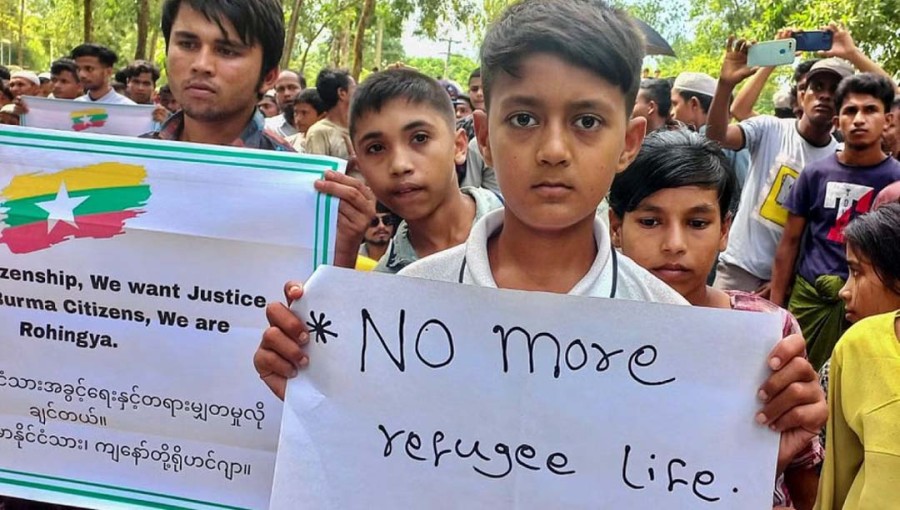
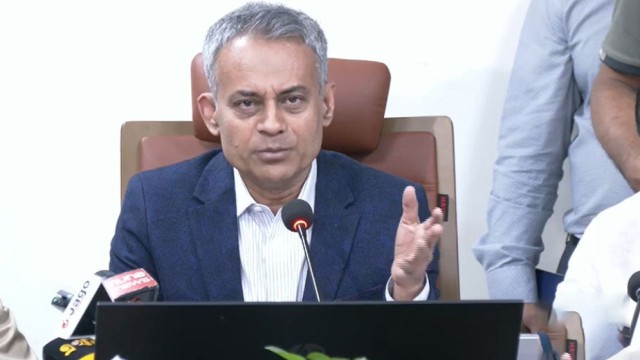

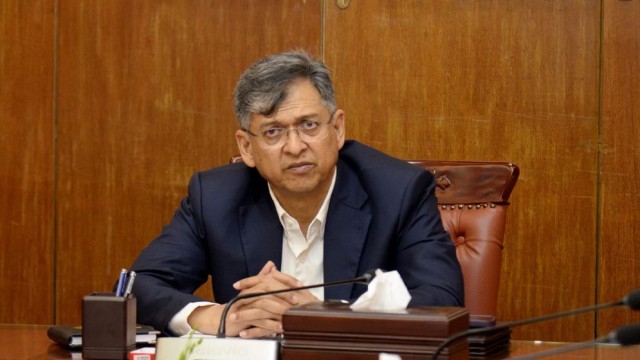
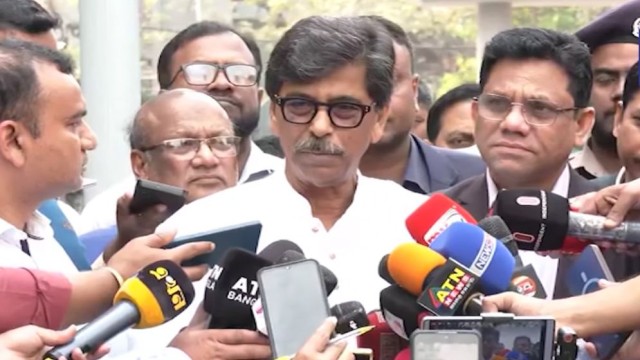
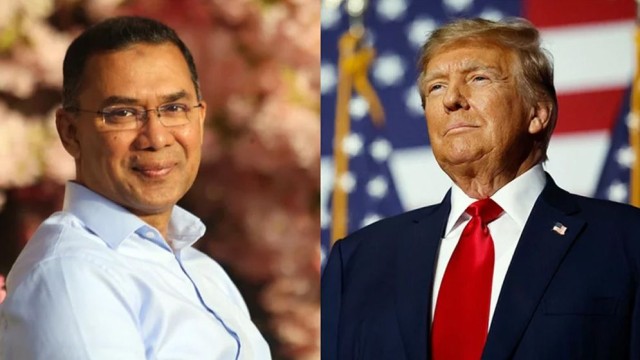

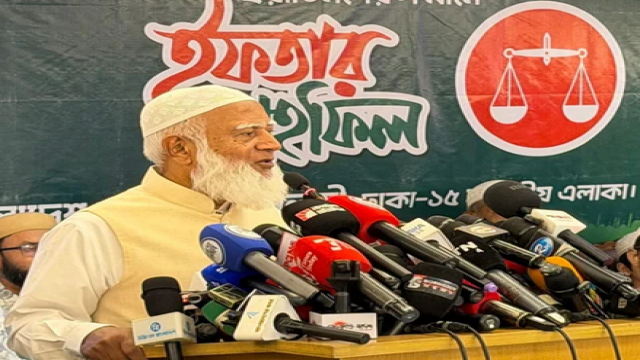
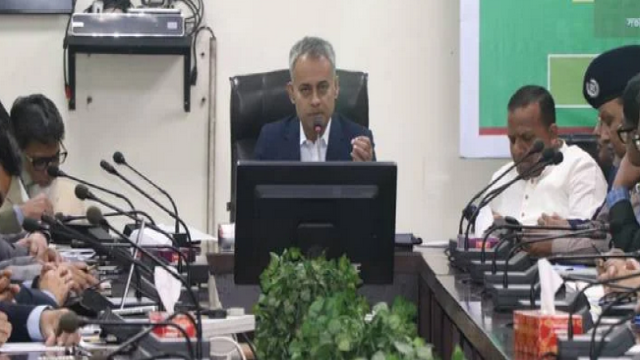




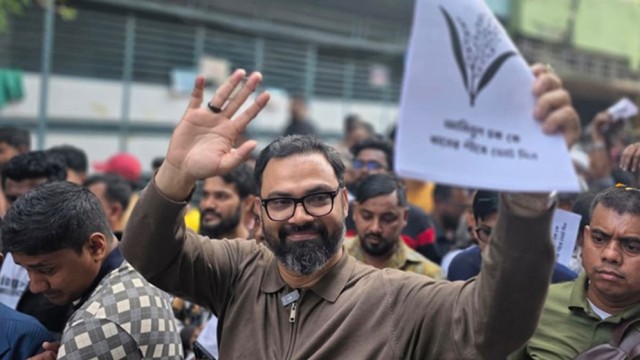
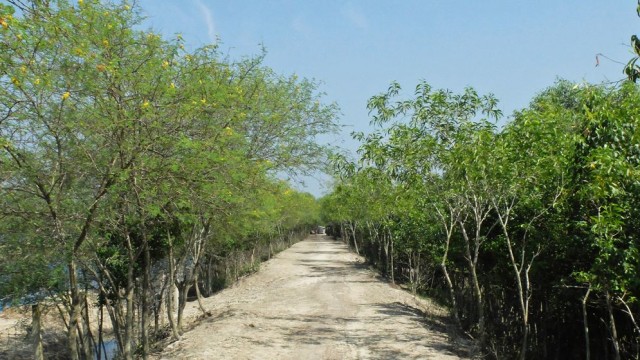










Comment: